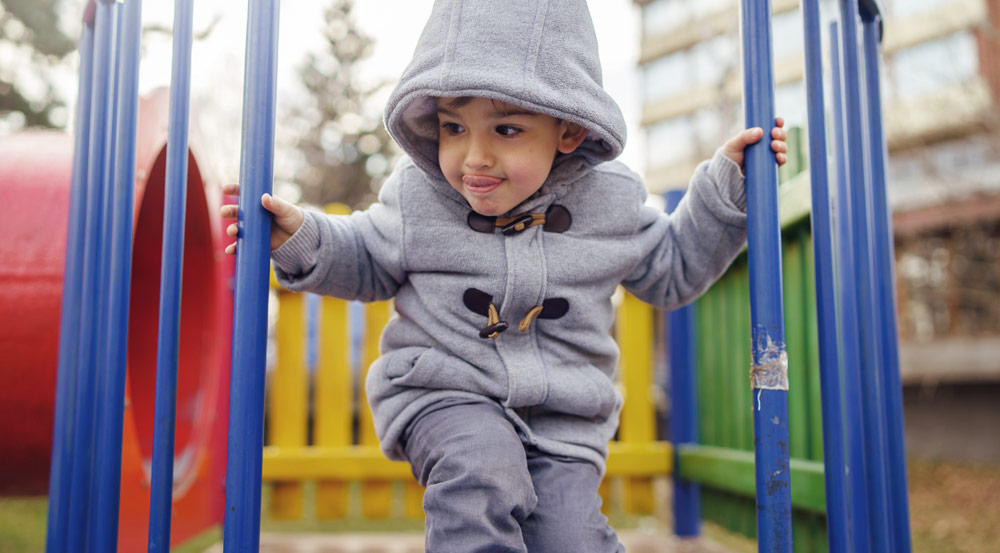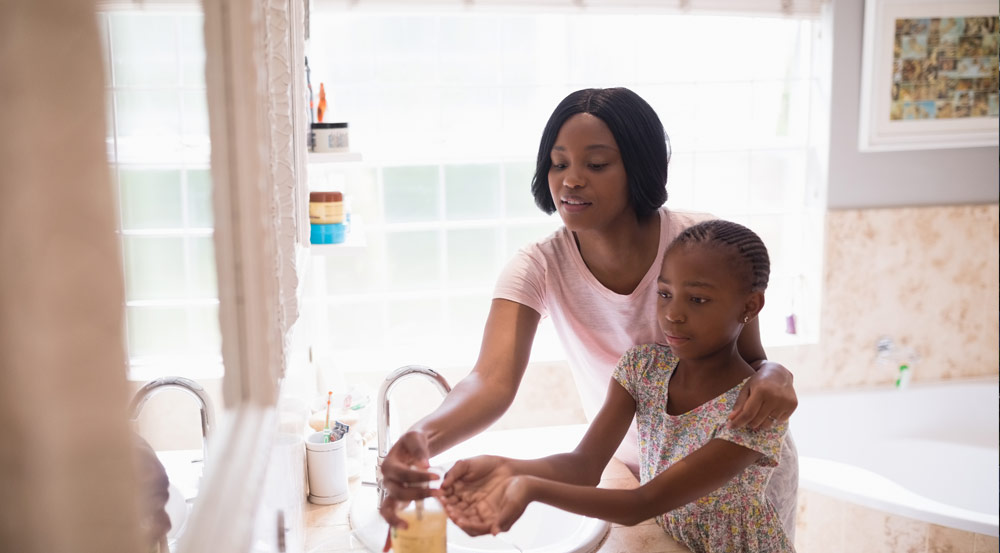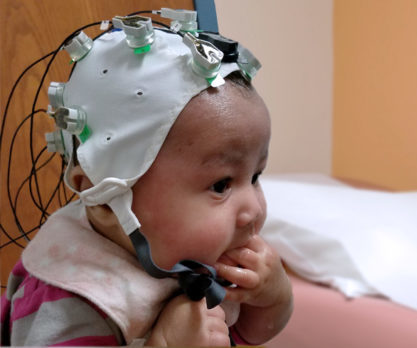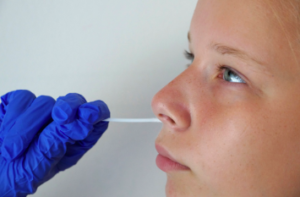Children’s COVID-19 Help Line
402-955-3200
We Continue to Care
Keeping you and your family healthy is our top priority. At Children’s, our experts are focused on keeping children, families, and our community safe during the pandemic. We’re here to help you adapt to this new normal and protect your family from COVID-19, because we continue to care.
What You Need to Know About:
The Basics of COVID-19 Care at Children’s During COVID-19 Parenting Through a Pandemic
The Basics of COVID-19
Parenting Through a Pandemic

Businesses Are Open. What Does That Mean For My Child?
Dining out, traveling, playdates — what’s safe?

Cancer And COVID-19: What You Need To Know If Your Child Is Immunocompromised
If your child is being treated for cancer or has a condition that weakens their immune system, here’s what you should know about keeping them safe.

Epilepsy & COVID-19
Here is what you need to know about COVID-19 if your child has epilepsy.
Make An Appointment For COVID-19 Testing
If you suspect that you or your child have been exposed to COVID-19, please call 402-955-3200 to schedule an appointment for testing.
If your child has any of the following symptoms, your child may eligible for testing:
- Cough
- Shortness of breath
- Fever above 100.4 degrees Fahrenheit
- Unexplained exhaustion
If you suspect that you or another adult in the home has been exposed, please contact your primary care provider to see if you’re eligible for testing.
Preparing Your Child For A Nasal Swab Test
 Printable Version of Nasal Swab Teaching Sheet
Printable Version of Nasal Swab Teaching Sheet
A nasopharyngeal (nasal) swab means “in your nose.”
The swab is small, plastic, and bendable. On the end is a little brush used to collect some of your child’s mucus, which is just inside their nose. The staff taking care of your child will wear special equipment—gown, gloves, a mask and goggles—to help make sure they don’t spread germs. They will place the swab inside of your child’s nose. It might feel tickly and strange. It will only takes a few seconds.
Your child may feel nervous or scared, because this may be something they’ve never done before. Here are some tips to share with your child:
- Encourage them to take deep breaths through their mouth.
- Have them tip their head up and look toward the ceiling. You can hold a phone above their head so your child can watch a video, if it helps.
- Remind them to hold as still as they can.